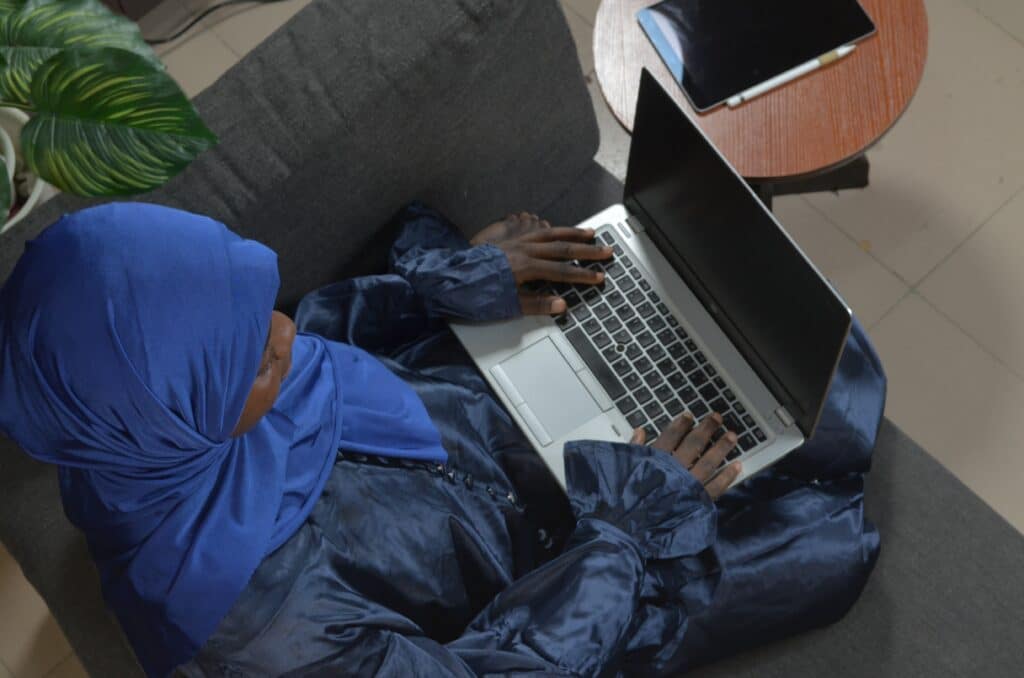This year the month of Ramadan will begin on Monday 11th March. It’s the holy month where many working Muslims around the globe will fast from sunrise to sunset everyday for a whole month. This means not eating or drinking during daylight hours, that could be up to 16 hours a day within the UK. Although people who observe this month are somewhat used to balancing their professional lives with their personal fasting obligations, it’s a rewarding feeling if you can acknowledge and support employees throughout Ramadan.
Understanding employees’ diverse backgrounds and helping to accommodate any special requirements shows good management practices and encourages people to perform to the best of their abilities.
Businesses with a diverse workforce should encourage HR leaders and line managers to show extra support to their fasting colleagues during the next 30 days. Keep in mind that people will observe Ramadan in different ways. Helping people during this time involves more than just considering what to say to someone who is fasting for Ramadan; it also involves being understanding and thinking about how you might be able to support your people. Here are some ideas that you can implement on a short term basis to support your employees throughout Ramadan:
Prayer Rooms

During lunchtime, offer to turn a couple of meeting rooms into a prayer room, where people can dedicate five or ten minutes for their afternoon prayer. This space can also be used for a mini break or to simply relax in, away from a crowd.
Discuss with your colleagues how you can support them
Muslims do not form a single entity as a whole. Everyone will relate to and approach their faith differently. Be careful not to assume that your employees’ needs are being met; instead, make genuine connections with them and provide them chances to talk about their needs with you in an open and secure environment.
Check-in with people for extra activities

Ramadan may make social outings, networking, training sessions, and after-hours work engagements — whether online or in person — feel like a hassle. These also may conflict with iftar, evening prayers, and community gatherings. If they are essential, can your fasting co-workers instead attend events in the daytime? Can any training days be scheduled once Ramadan has finished? Does this month’s work social have to happen? It might be nice to check in with your colleagues to discuss if they are able to attend or adjust the timings of any team get togethers.
Meeting Times
If possible, try and avoid booking in meetings for late afternoon. If high concentration levels are needed from people, this will be a struggle for someone fasting so it’s best to use the morning when people are still relatively fresh.
Flexibility

Offering employees flexibility is a routine benefit for many businesses. Talking to your teams and understanding if they would like additional flexibility, is a thoughtful gesture. People who observe Ramadan are required to eat just before sunrise so being able to start work a little later may go a long way for them.
Prioritising Projects
You may wish to discuss scheduled work and projects and look at how you can support activities. Take some time to discuss any challenges with work and decide if certain projects or tasks can be delivered earlier or extended for delivery. This will give your colleagues clear guidance for the month ahead so they can concentrate on what they need to achieve.
Annual Holiday for Eid

Businesses should be prepared for people to take some holiday to celebrate Eid. Eid marks the end of Ramadan and is celebrated across three to four days. All those communities and groups of people who fast, usually come together on Eid to exchange gifts, dine out and have special foods on this day.
Today’s workforce is more diverse than ever, it is important to cater for a range of backgrounds and diversities and being able to support employees throughout Ramadan is one of those steps. To find out how we can support your employee engagement program that meets the needs of a diverse workforce, get in touch with us below:

